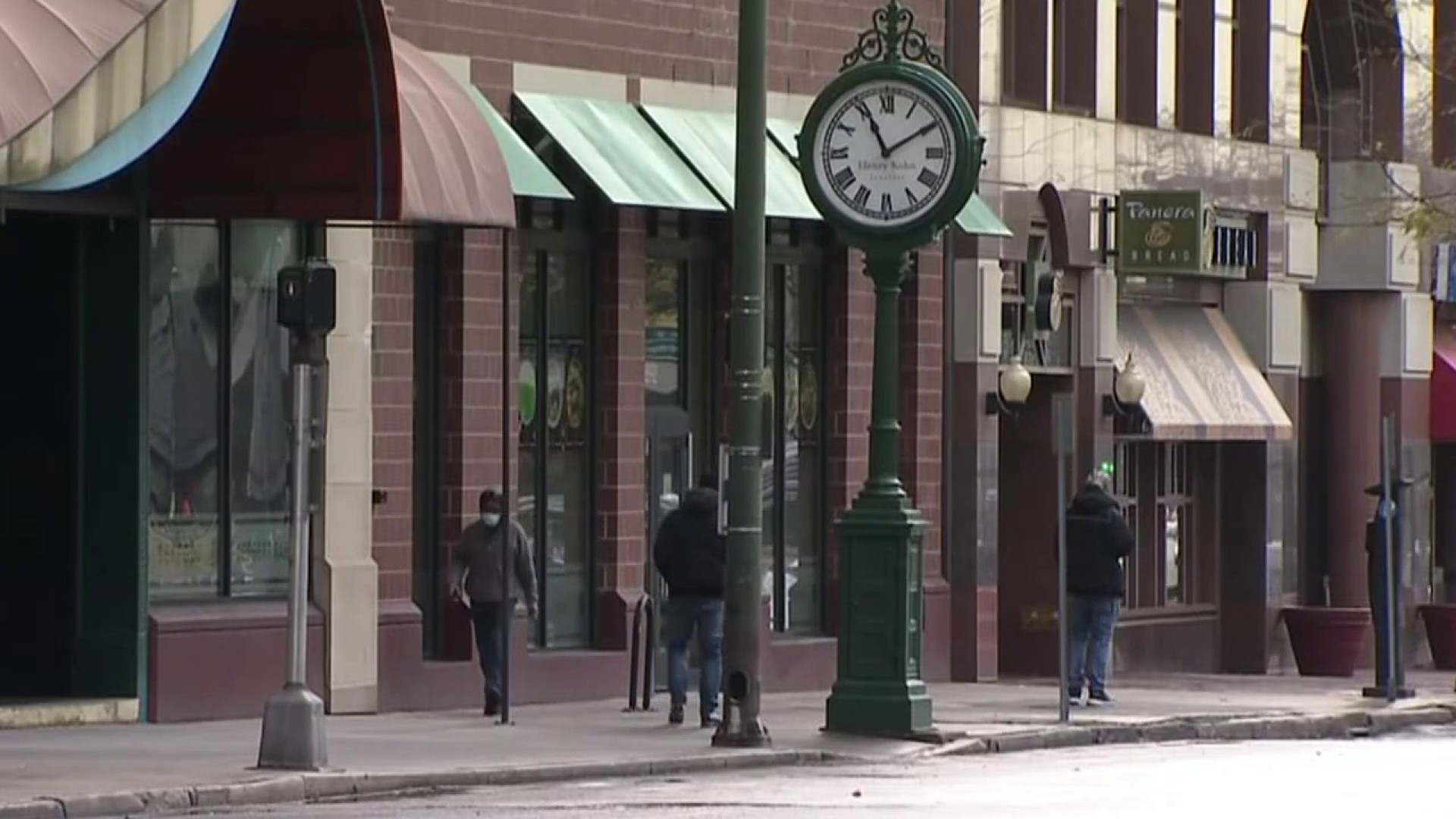It was another historical week for former President Trump. As he appeared in a Miami courtroom this week, he became the first former president to be federally charged under the Espionage Act related to top secret documents taken from the White House.
So where does all this go from here? And how could it affect the race for president in 2024?
NBC Connecticut's Mike Hydeck spoke with Southern Connecticut State University Professor Dr. Jennifer Hopper about the indictment.
Mike Hydeck: So first up, the Department of Justice investigation found top secret nuclear documents among the papers President Trump had at his Florida estate. If he gets convicted, could he actually serve time? Or is that really unlikely for former president do you think?
Get Connecticut local news, weather forecasts and entertainment stories to your inbox. Sign up for NBC Connecticut newsletters.
Jennifer Hopper: So when we look at the charges in the indictment, there are 37 charges. Each of them come with a maximum of 10 to 20 years of prison time. So that's a substantial amount of jail time, but whether Donald Trump would actually go to prison if convicted is really an open question. General David Petraeus, from a few years ago, some people may remember he was convicted of providing classified information to his biographer, who he was having an affair with at the time, and Petraeus, when convicted, actually only faced two years probation and a substantial fine, so in that case, did not see jail. We're really in uncharted territory, because as you've said, this is the first former president to be indicted. We could look at maybe the case of President Nixon, who in leaving office then was preemptively pardoned by his successor, Gerald Ford, who said he wanted to heal the nation through that pardon. So it's hard to find another case to really tell us for sure whether or not Trump might face jail.
Mike Hydeck: And that might depend on who is in the White House eventually, too. So we'll see how that plays out. Okay. Supporters of the former president say, 'What about the documents in President Biden's garage or former Vice President Mike Pence's home, Hillary Clinton's emails?' That's all coming up over and over again. They say that justice is not being applied fairly here. How do we look at that?
Jennifer Hopper: So the primary difference between these cases is that for over a year after the government was informed that Trump might have such documents in his possession, Donald Trump and his team took many steps to conceal the documents, to not turn them over. And many of the charges in the indictment come from obstruction of justice charges. They come from making false statements to investigators about what was going on and about the documents. When we look at cases like Joe Biden or Mike Pence having classified documents in their possession or storing them in places where they weren't supposed to be, when that came to light, they immediately turned them back over to the government. And that is just not the case in the Trump instance, Hillary Clinton as well cooperated with the FBI investigation into her emails. So the kind of takeaway point is that it's the obstruction of justice. It is the false statements to investigators that really set the Trump case apart.
Face the Facts
Face the Facts with NBC Connecticut goes beyond the headlines, asking newsmakers the tough questions, giving an in-depth analysis of the big stories.
Mike Hydeck: So when you look at this, Mike Pence, President Trump and Joe Biden, Hillary Clinton, shouldn't the system be changed? You shouldn't just have aides packing up stuff and leaving the White House, right? Shouldn't there be an inspection process before they take off with all their belongings? It seems as if this has happened, administration after administration, it seems like the system needs to change, right?
Jennifer Hopper: Yes. And I think moving forward that you will certainly see a much different process with regard to presidential transitions and what happens with these kinds of documents, there's also very likely to be much more scrutiny of what leaves the White House and how it leaves the White House, how our archives, the National Archives, obtains presidential records, etc. Because I think absolutely, this has become a major national question about how this compromises potentially national security, the public interest, and so I think moving forward, there will definitely be procedural changes.
Mike Hydeck: So President Trump's former Attorney General William Barr said in an interview recently, if even half the allegations are true, he is toast, his words. Now Republicans running against the president for the next 2024 election cycle are starting to be publicly critical here, which they were careful not to do previously. Do you think now that they are, it will affect the campaign in any way? Or is President Trump's loyalty as far as his supporters just too strong?
Jennifer Hopper: You know, it's so difficult to say because we are talking about a block of voters, likely Republican primary voters who have showed such loyalty to Trump and even this week, there was polling indicating that the vast majority of those voters, the indictment did not change their view of Donald Trump. Amongst the other responses, a larger percentage said it changed their view of Trump for the better than said that it changed their view for the worse. So that is then the group of voters that these Republican rivals are trying to win over. At the same time, I do think those responses and some of the candidates who have been more critical of him, there is an underlying theme here of the threat to national security. The fact that in these classified documents there was information about the United States' military attacks on, potential military attacks on other nations, vulnerabilities of the U.S. to attack with nuclear capabilities, things like that. And those are very serious charges. Typically, in American politics, we may be in a hyper partisan polarized era. But national security is often a sphere in which there is more consensus. And so it may be that as some of these Republicans, Bill Barr and Chris Christie, as they start to be more critical of Donald Trump, that it will have a compounding effect to start to raise voter questions about whether or not Trump is the right choice for the party, and whether he's the right choice for the electorate as a whole in 2024. And there are certainly questions about electability to whether Republican primary voters will think, you know, how might this affect the view of Independents and swing voters in a 2024 general election?



